To sample a speech and use it in a song, you must either have a license to do so, or it must be in the public domain. Anything in the public domain is no longer copyright protected; you can use it in your own works.
Sampling In Music
Using a sound recording in your music when you are not cleared to do so can result in some serious legal trouble, especially if you are a musician with a following or any monetary success.
Knowing the sampling laws in the country where you produce music is very important.
If you take your time and research, you can easily learn how to find and use only cleared audio samples.
In this article, we will look at the legality of sampling speeches in music.
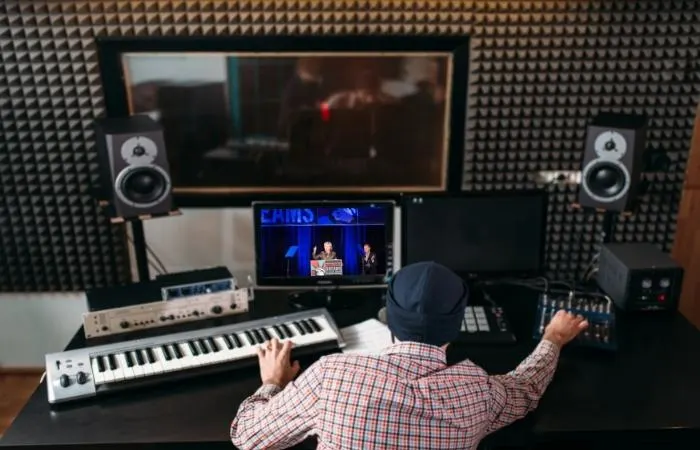
This article is for informational purposes only and is not intended as legal advice. The information contained in this article should not be relied upon as a substitute for obtaining professional legal advice from a licensed attorney in your jurisdiction. No representation or warranty, express or implied, is given as to the accuracy or completeness of the information contained in this article, and no liability is accepted for any reliance thereon. If you have any legal questions or concerns, it is highly recommended that you seek the advice of a competent legal professional.
Are Speeches Copyright Protected?
Yes, although they are typically performed in a public environment, all speeches are copyright protected as long as they exist in a tangible form (a video, audio sample, or written version). That said, virtually every speech has copyright protection.
Thankfully, there are some exceptions to this rule of thumb.
For example, any speech in the public domain is fair game to sample and use in your music.
We’ll go into more detail about what ‘public domain‘ means very soon.
Also, any speech written and given by an employee of the federal government (members of congress, the president, etc.) is public domain, meaning you can use them in your own works.
This is why it’s so common to hear speeches from political figures in music.
The final way to use speech samples in your music is if you purchase the license to do so or buy a sample library containing speech samples.
So although speeches are copyright protected, there are still times that you can sample them in your music. You just have to be careful about not breaking any copyright laws.
What Does Public Domain Mean?
If a piece of work (song, speech, book, movie, TV show, etc.) is public domain, it is no longer copyright protected, and you can use it in your own works.
There are a few ways that something can become public domain.
Here is a list of the different ways that something enters the public domain:
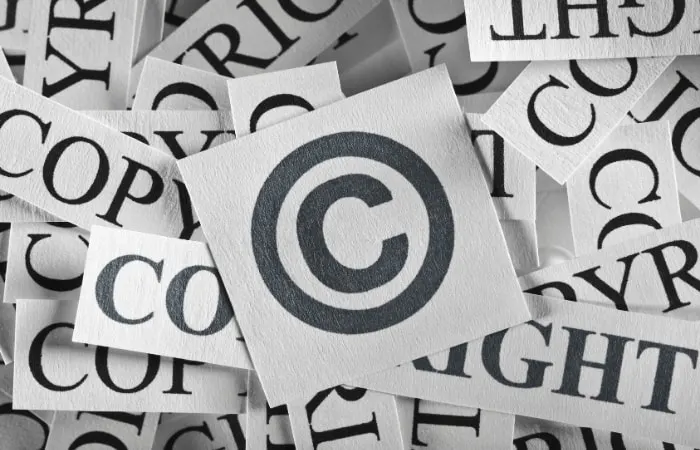
The Copyright Expires
Every copyright has an expiration date. This date varies depending on the laws in your country. Still, in the United States, copyright expires 70 years after the death of the last living contributor.
The Type of Work Is Not Protected Under Copyright Law
Some types of works, such as those created by the federal government, cannot be copyright protected in the first place, so they will always be public domain.
Remember that this only applies to the US federal government, not local or state agencies. If you live somewhere other than the US, check out your country’s specific public domain specifications.
The Owner Of The Copyright Fails To Renew The Copyright
If you do not renew your copyright in time, you will lose copyright protection on the originally protected work.
The Copyright Owner Deliberately Places The Work In The Public Domain
This is ‘dedication‘ and is somewhat uncommon, but if a work is ‘dedicated’ by the original owner, you are free to use it in your own works.
If you want more in-depth knowledge of public domain law, check out this article from the Stanford University website.
What Kind Of Speeches Are In The Public Domain?
Here are some of the different types of speeches that are public domain:
Any Speech Coming from The Federal Government (speeches Given by The President, Members of Congress, Etc)
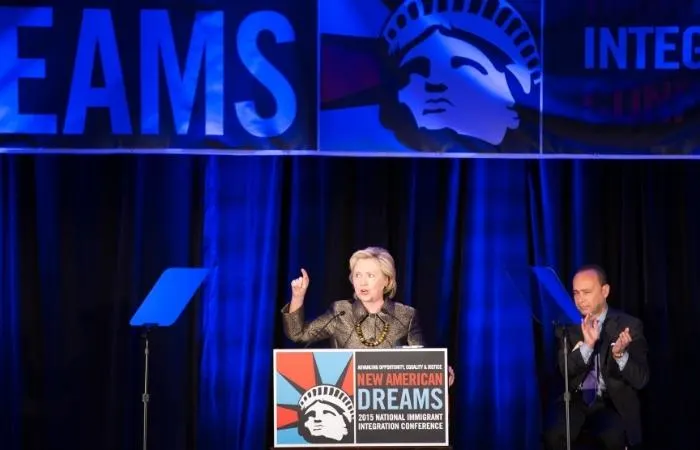
Note that this would not apply if the government employee gave the speech as a civilian instead of their official government job title.
For example, if a member of congress gave a speech on a personal matter unrelated to the federal government on their own time, this speech would not be public domain.
Any Speech Whose Last Living Contributor Died 70 Years Ago or More
Seventy years after the author/creator of something has passed away, their work is no longer copyright protected and enters the public domain.
Any speech published in 1926 or earlier (as of January 1st, 2022)
Copyrighted material loses its copyright protection after 96 years. This includes music, movies, literature, and almost all other types of works.
How Can I Find Out If Something Is In The Public Domain?
Let’s review the process of finding out if something is in the public domain.
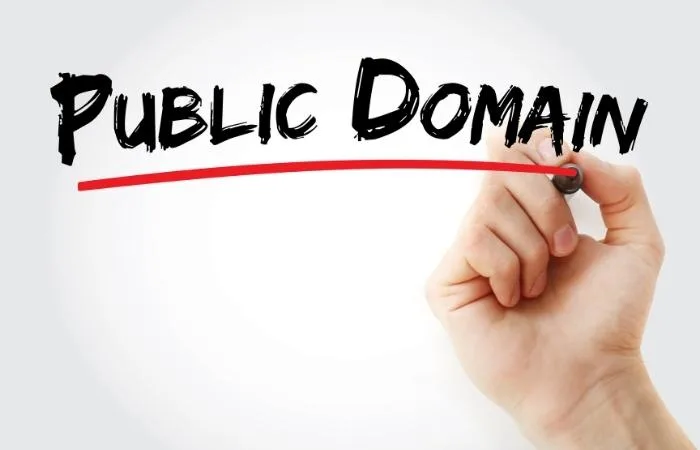
Step One – Find The Publish/Release Date
The first step to determining if a published work is in the public domain is to find its publication date. The internet will be your best friend here, but ensure you use only reliable and verified sources.
You can use the Catalog Of Copyright Entries to find information on copyright details of different published works.
Once the publication date is locked down, you can move on to step two.
Step Two – Determine Whether Or Not It Is Public Domain
The next step is to use the publication date to determine whether or not the piece of work is in the public domain.
- If the creator published the work 96 years ago or more, it is in the public domain.
- If the last contributor to the work died 70 years ago or more, it is in the public domain.
As far as works created by the federal government (presidential speeches, etc.), they are never copyright protected in the first place, so they are always public domain. This only applies to the federal government, not state or local agencies.
Remember, using someone else’s work is no joke.
That said, if you cannot figure out if something is in the public domain, you should probably refrain from using it even if you’re sure; they were pretty sure about the Titanic too!
Fair Use Laws and Speeches
‘Fair Use’ laws allow you to use a small portion of someone else’s work (a short drum loop, for example) without committing copyright infringement.
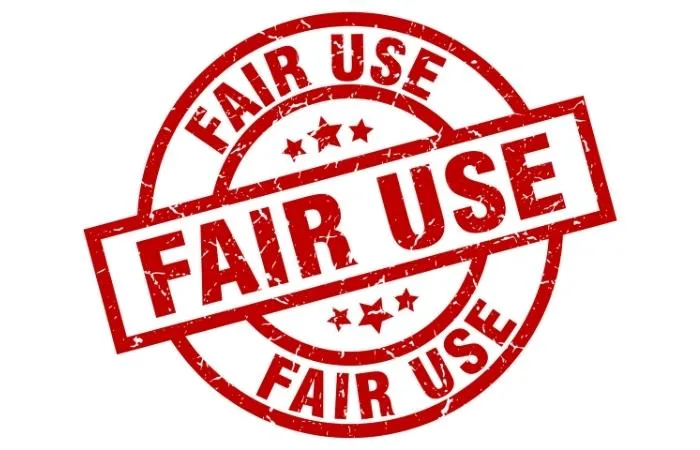
When it comes to the copyright of a speech, fair use typically only applies to parodying, criticizing, or commenting upon said speech, such as in the context of a news report.
So you would be in the clear if you wrote a lyric incorporating/parodying someone’s speech, but once you start sampling that speech, you are walking a thin line.
Check this article from Copyright.gov for more detailed information about Fair Use.
I recommend only sampling audio from speeches in the public domain, having a Creative Commons license, or you have purchased a license for.
Creative Commons License And Speeches
A Creative Commons license is a type of license that anyone from an individual to a large entity can use to grant the public permission to use their work to a certain degree while still being copyright protected.
The degree of permission granted depends on the type of Creative Commons license the creator applies for.
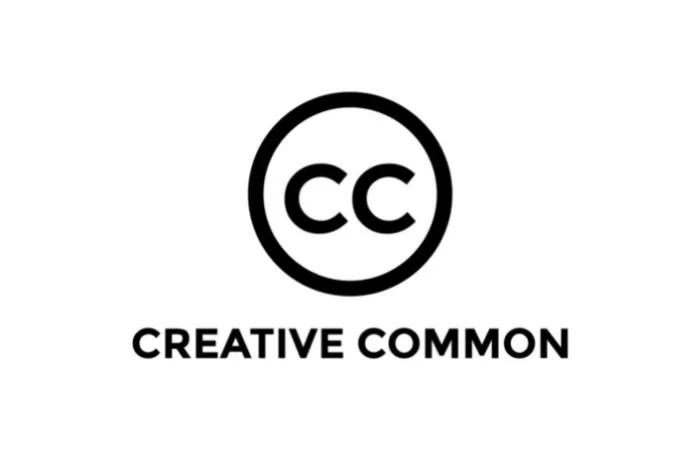
Here are the six different types of Creative Commons (CC) licenses:
- CC BY: This license allows you to adapt someone’s work for commercial use as long as you give attribution to the creator.
- CC BY-SA: This CC license is identical to the CC BY with the added stipulation that any adaptation you create must be licensed under the same terms as the original.
- CC BY-NC: This license allows users to adapt or build upon someone’s work as long as attribution is given to the creator; this does not allow for commercial distribution.
- CC BY-NC-SA: This license is identical to the CC BY-NC with the added stipulation that any adaptation you create is licensed under the same terms as the original.
- CC BY-ND: This license allows you to make copies of and distribute someone else’s work for commercial use so long as you make no changes to it and give attribution to the original author.
- CC BY-NC-ND: This license is identical to the CC-BY-ND, except it does not permit for commercial use.
Regarding speeches and CC licenses, it is not as common for a speech to have a Creative Commons license, so I mostly gun for speeches in the public domain or speeches that you can purchase a license to use.
However, if you can locate a speech with a CC license, feel free to use it to whatever degree that CC license allows.
Speech Samples For Music
There are a few places to get free samples of speeches and spoken word bits. Here are a few resources that you can use:
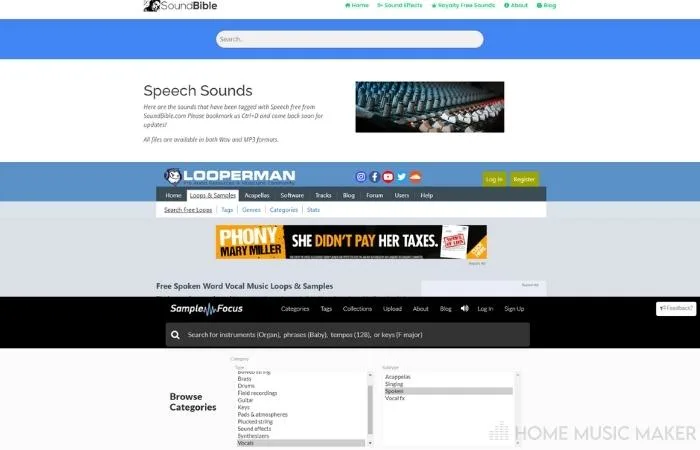
You can also use a YouTube audio converter website or application to choose speeches from YouTube videos and sample the audio.
If you choose to do this, you must understand that you are responsible for any potential copyright infringement. Therefore, before you use an audio sample of someone else’s speech, verify that the speech is in the public domain.
Can I Sample Speeches For Music?
Yes, but you have to be careful when doing so. Speeches are copyright-protected works, and you only want to use speeches in your music that are in the public domain.
Using a speech that is not public domain could result in copyright infringement since that speech is then copyright protected.
It is best to stay on the safe side as a music producer, so only use an audio sample of a speech if it belongs to the public domain.
How Do You Avoid Copyright When Sampling?
To avoid copyright trouble when sampling audio for your music, make sure that you only use samples you purchase the license for or samples that are in the public domain.
A work enters the public domain 96 years after publication or 70 years after the last living contributor’s death.
If you are not authorized or licensed to use an audio sample, or it is not in the public domain, you are not cleared to use it.
You should avoid doing so unless you want to end up dealing with legal trouble.
How Does Sampling Work In Music?
Sampling in music is something that you should not take lightly.
If you use an audio sample, you are not allowed to; you will be committing copyright infringement. You could get into some serious legal trouble because of it.
The only time you should sample someone’s music to use in your own work is if the music you want to use is public domain or if you obtain sample clearance from the owner.
Obtaining sample clearance can be a lengthy and expensive process involving lots of paperwork.
Unless you are a serious music producer with music industry law experts on your side, I recommend only using samples from public domain music or samples from a website or sample library where you can purchase the license to use audio samples, loops, etc.
Is Sampling In Music Legal?
Sampling in music is illegal if you are not careful about how you do it. Music sampling is legal if you are careful and stick to the laws.
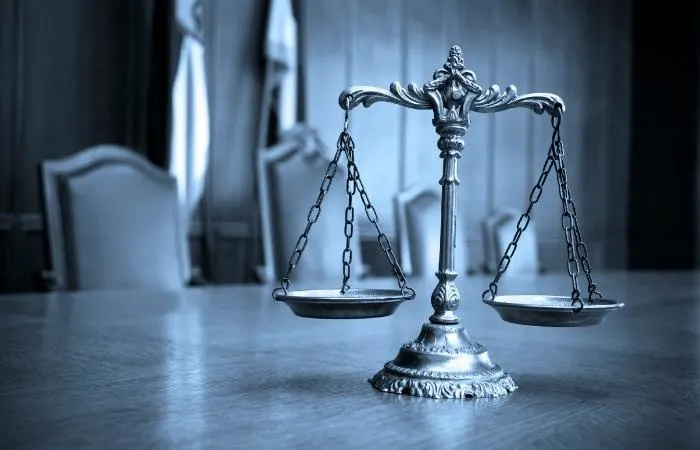
Legal
- Using audio samples from works that belong to the public domain
- Using audio samples that you purchase the license for
- Using audio samples that you ‘clear’ by licensing them from the owner/creator
Illegal
- Using audio samples from songs that do not belong to the public domain that you also do not obtain the proper license to use
The bottom line is if you want to sample someone else’s work, it must be public domain or obtain proper clearance or license to use it from the owner/creator.
Can I Sample From YouTube?
You can sample a song from YouTube using a YouTube to MP3 converter and then drag the audio file into your DAW (Digital Audio Workstation).
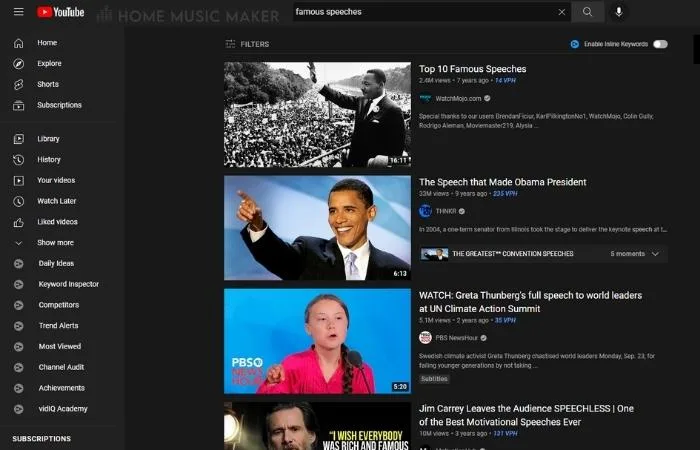
However, you should only sample songs in the public domain or songs you obtain clearance/license to use from the owner/creator.
Sampling music can get you into serious trouble if you do not follow the law, so make sure not to sample anything from YouTube unless you can legally.
Related Questions
What Popular Songs Use Sampling?
Many popular songs feature samples of other people’s music, speeches, movie lines, etc. Here is a list of a few notable ones:
– Bootylicious (Destiny’s Child)
– Paper Planes (MIA.)
– Express Yourself (NWA.)
– C.R.E.A.M. (Wu-Tang Clan)
– Mask Off (Future)
– Sicko Mode (Travis Scott)
– Sing For The Moment (Eminem)
– Can I Kick It? (A Tribe Called Quest)
– Sugar Hill Gang (Rapper’s Delight)
– Hung Up (Madonna)
Keep in mind that there are way more popular songs that use samples than this. I just wanted to show you a few examples of some more notable ones.
Who Is Responsible For Making Sure a Sample Is Clear Before Using It?
The artist whose track it is the one responsible for making sure that a sample is clear.
If it is your song, you are responsible for ensuring any samples featured in it are clear for use.
Can You Get Sued For Sampling a Song?
Yes, if you are not careful and use a copyright-protected piece of music in your song, the owner of that song could potentially sue you. The risk for this is greater if you have a following or any monetary success.
If you plan on using samples in your track, you will want to brush up on at least the basics of music copyright laws.
To learn more, here’s a guide on samples and samplers.

 Want to connect with other music producers for help and guidance?
Want to connect with other music producers for help and guidance?